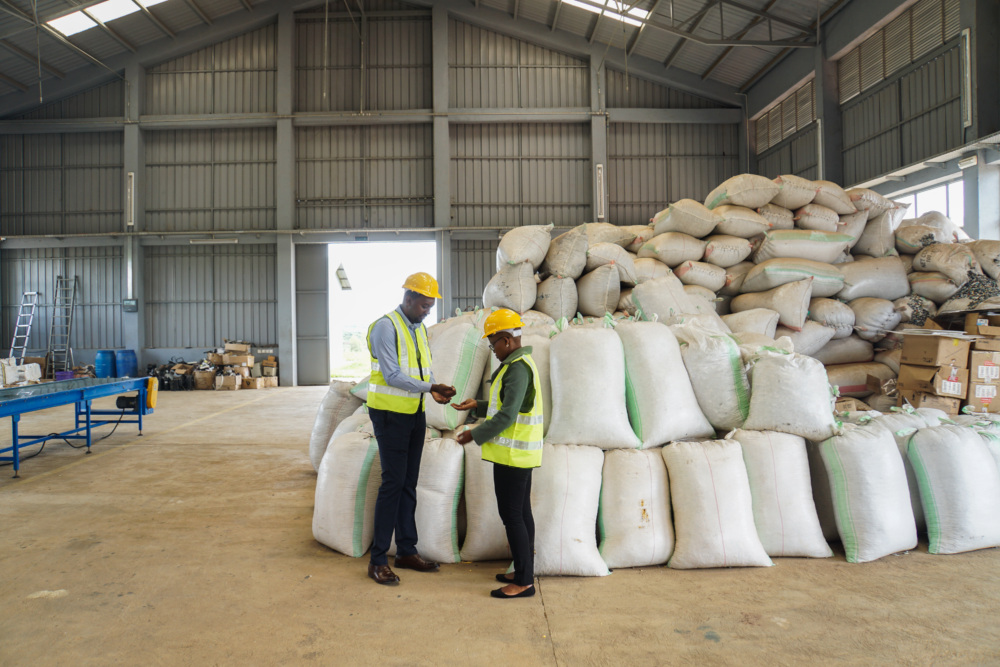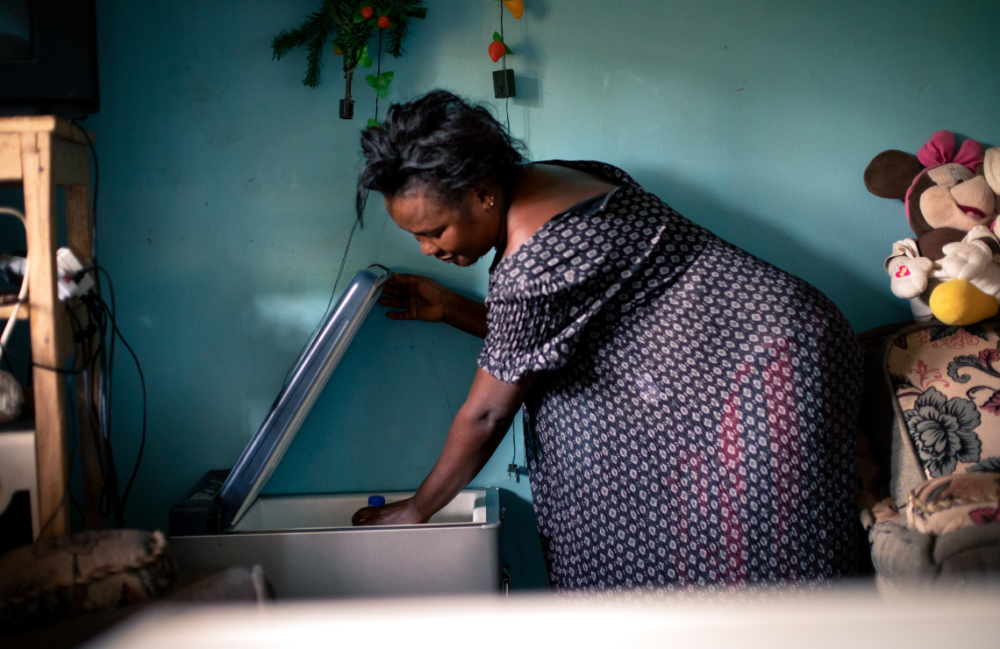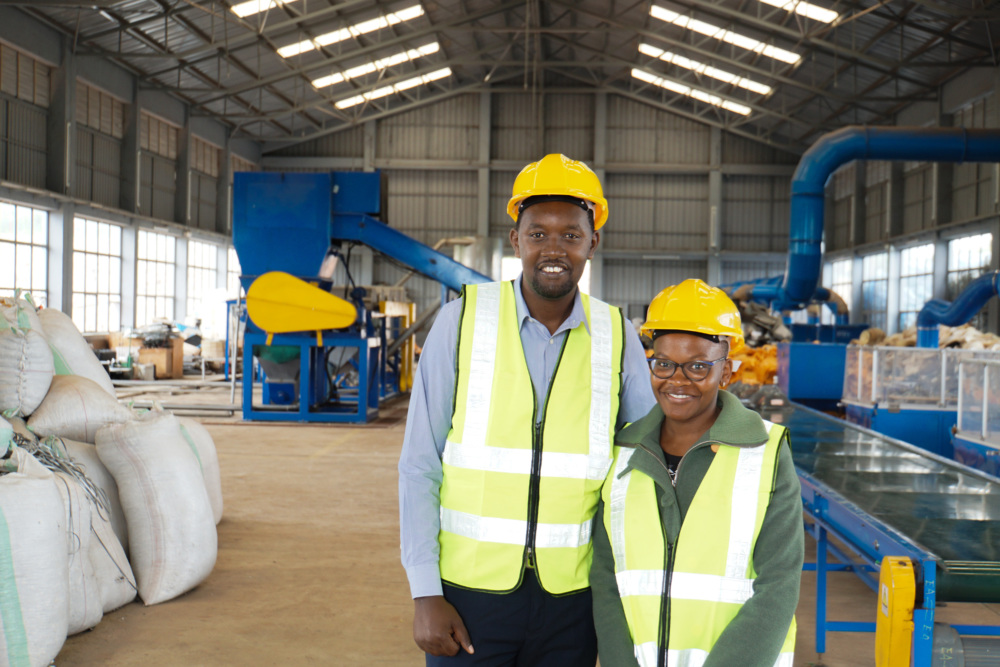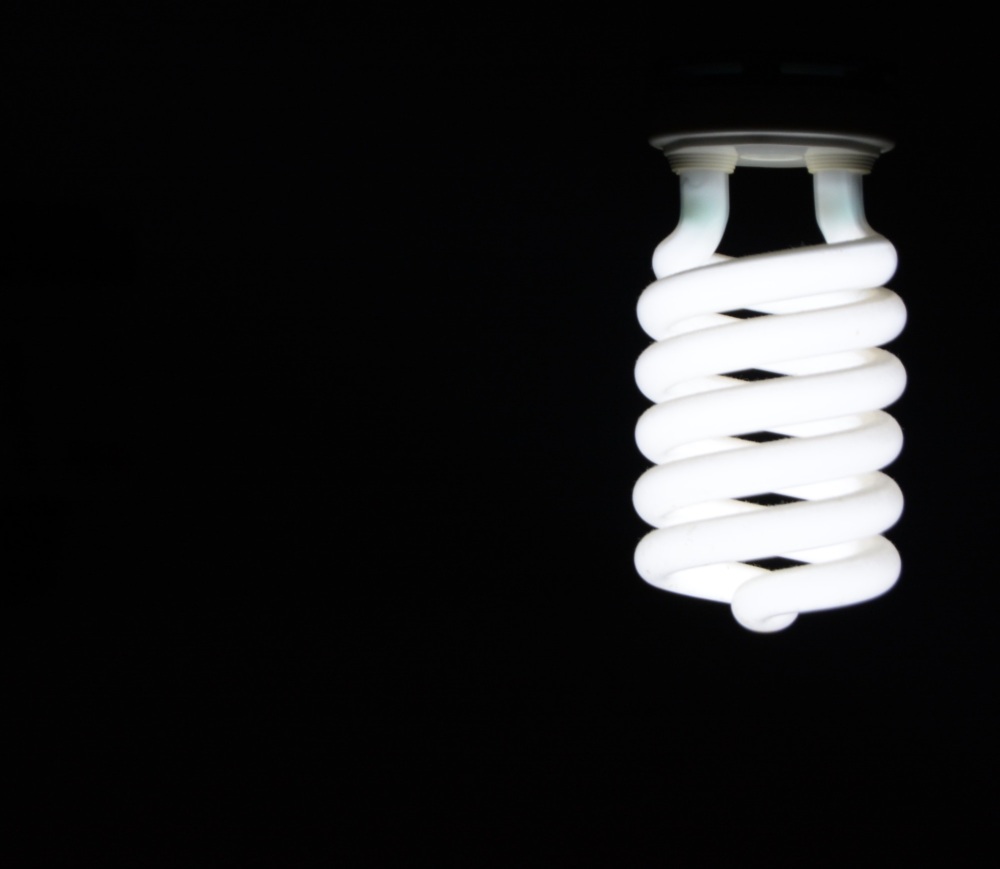CLASP Embraces China’s Newest Push Toward Circular Economy
China’s new circular economy policy complements the strong push for high-efficiency appliances and modernizes e-waste management.
Following China’s policy efforts to increase circular economy (CE) principles domestically, CLASP’s China program will integrate CE into project plans for 2023-2024. Initially, CLASP may support the phase out mercury-containing fluorescent lamps and promote environmentally-friendly refrigerants. This move will strengthen CE policy both in the country and surrounding region, as China is a key manufacturer and exporter for a plethora of appliances.
“This is a practical guidance for all industry stakeholders. It helps manufacturers to enhance manufacturing capacity for energy-efficient products and collaborate with waste management facilities to grow demand in the waste appliance recycling market. Consumers will also be supported to exchange their appliances for more efficient models.”
– Mr. Pengcheng Li, CNIS Chief Analyst
Chinese policymaker interest in circular economy has grown steadily since the 2009 passage of the Circular Economy Promotion Law of People’s Republic of China. This new policy, titled Guiding Opinions on Coordinating Energy Conservation, Acceleration and the Renovation and Upgrade of Products and Equipment in Key Areas, integrates CE strategies with existing work to promote energy-efficient appliances. The overarching goal is to further the market share of high-efficiency, energy-saving appliances and equipment.
To manage the influx of older and less-efficient models that will be swapped for more efficient alternatives, the Government is creating mandated recycling streams and requiring safe and environmentally sound disposal of associated HCFCs and HFCs (ozone-depleting refrigerants used in many appliances). Researchers and industries see this policy as a stimulus for an improved economic system of recycling, resource utilization, clean and low carbon production to help establish circular economy in the appliance sector by 2025.
“We are confident that this policy will help China to cut energy consumption intensity by 13.5% per GDP and to honor international agreement such as Kigali Amendment and the Minamata Convention on Mercury”.
– Steven Zeng, CLASP China Program Lead
CLASP is eager to be involved in this complementary role to energy efficiency policy and expanding our role in shaping circular economy progress. Learn more about our circular economy work and efficiency work in China.








